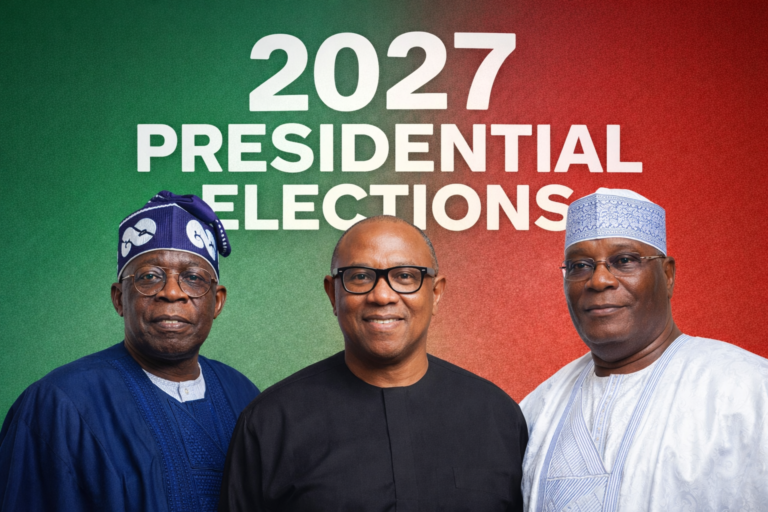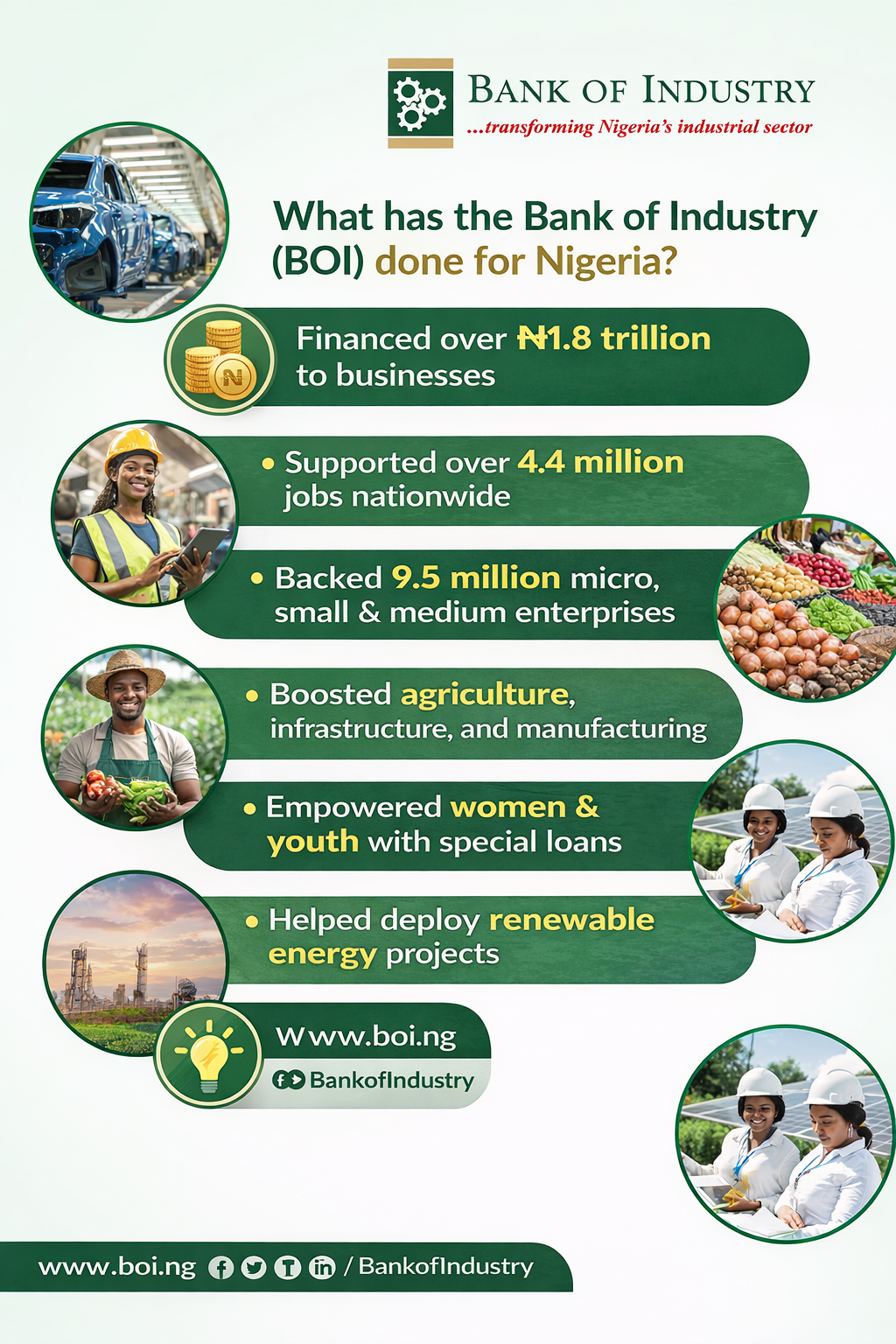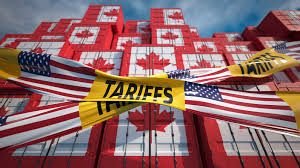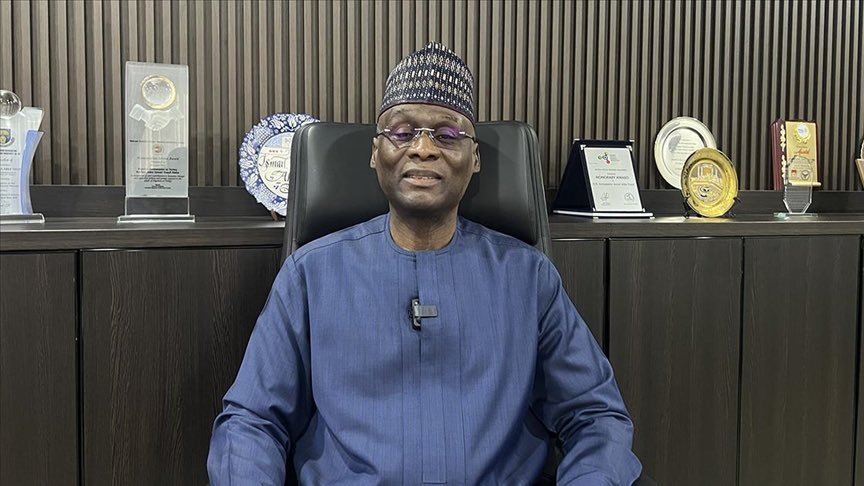Starting August 7, the U.S. will levy a 15 % tariff on all Nigerian imports, up from the previous 14 % rate announced in April.
This change follows a July 31 executive order signed by President Donald Trump, revising America’s reciprocal tariff framework to penalize countries with perceived “unbalanced” trade relationships with the U.S.
Why Nigeria is Targeted
Nigeria joins around 40 nations facing this adjustment, triggered by a U.S. trade deficit in bilateral exchange. Nigeria runs a $3.29 billion trade surplus with the U.S., marking it the second‑largest U.S. export destination in Sub‑Saharan Africa.
Under the new rules, countries with a U.S. trade surplus pay a default 15 % tariff, while those with a deficit face only 10 %.
Negotiations Fell Through
The initial 14 % tariffs, imposed in April as part of aggressive trade strikes to boost U.S. manufacturing, were suspended for 90 days and then extended an additional month to allow negotiations. Nigeria did not engage substantively, resulting in the full implementation of the higher 15 % rate.
New Measures Against Transshipments
The executive order also targets transshipment evasion by imposing a 40 % additional penalty on goods shipped via third countries to circumvent tariffs.
U.S. Customs and Border Protection gains expanded authority to investigate and penalize such rerouting practices, which the administration views as systemic trade abuse.
BRICS Alignment Could Trigger Further Tariffs
Further complications may arise from Trump’s early-July threat to impose an additional 10 % tariff on countries aligning with “anti-American BRICS policies.”
Nigeria officially joined BRICS in January 2025, and Trump affirmed there would be “no exceptions,” indicating Nigeria’s effective export duty could escalate to 25 % if the policy is enacted.
Impact on Nigeria’s Export Economy
Nigeria’s top U.S. export is crude oil and petroleum products, accounting for around 90 % of its foreign exchange earnings. Although it remains unclear whether oil exports are excluded, as previously on April’s “Liberation Day,” the higher tariffs will significantly impact non‑oil exports like cocoa, fertilizer, and other value‑added goods now reaching U.S. markets with added landing costs.
The new tariffs manifest the U.S. intent to “restore fairness” and curb trade practices viewed as abusive. For Nigerian businesses aiming to diversify into non‑oil sectors, the rising export duties reflect a tightening market.
Observers note that upcoming BRICS-aligned penalties could further elevate export costs, intensifying pressure on exporters operating on thin margins.


























